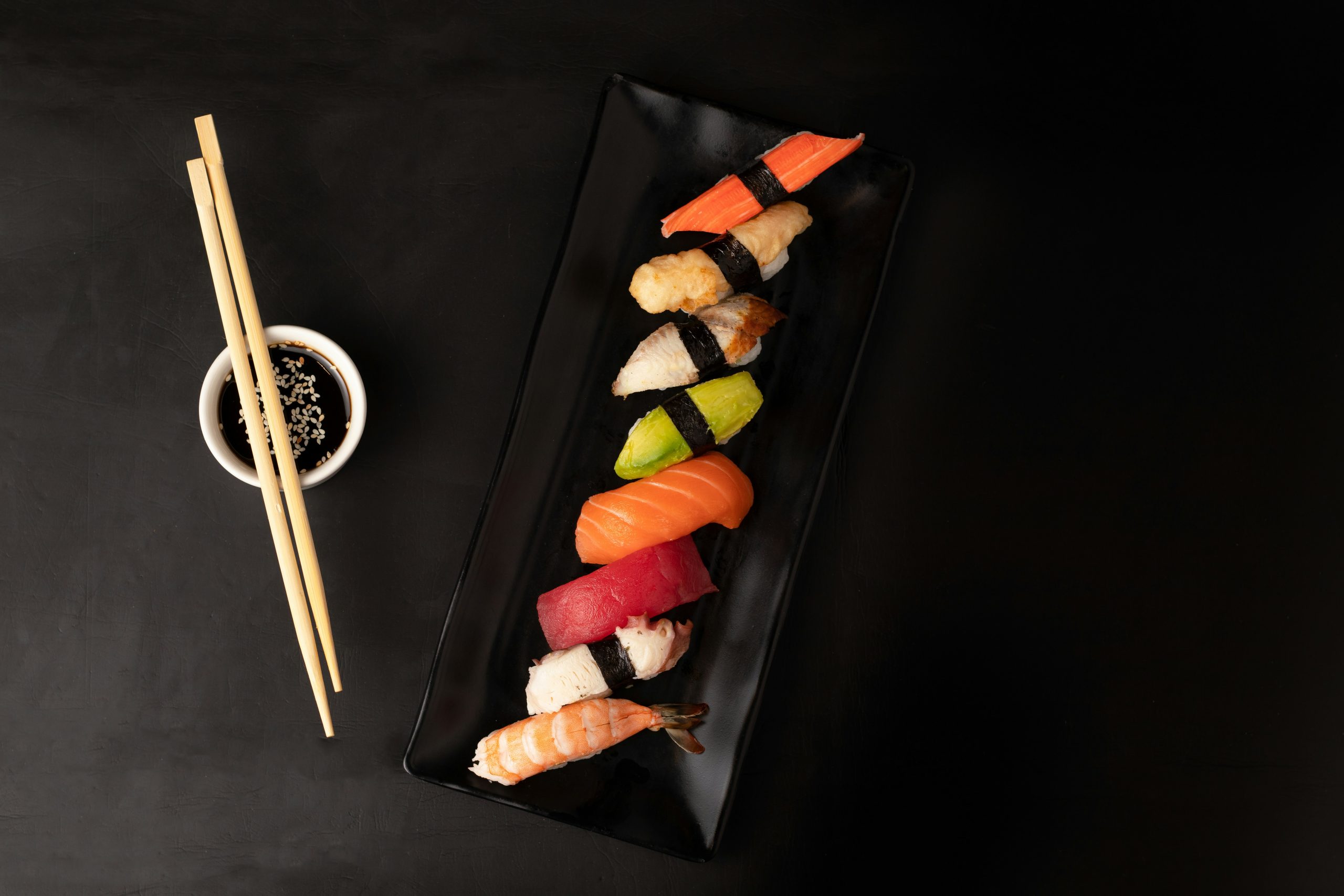People who search sushi Dubai on Google to satisfy their taste for fresh adventurous seafood join many others in sharing this habit. Sushi has achieved widespread popularity in this location with its distinctive taste leading fans to it. The dining industry consider it a healthy eating alternative. Some nutrition-related questions exist yet research indicates sushi contains beneficial aspects for health.
Sushi: More Than Just a Pretty Plate
At first glance people observe rice beautifully displayed with seafood elements in sushi. The rolls contain significant nutrient content if you look beyond their initial appearance.
The principal ingredient of most sushi dishes is fish which contains lean protein in generous amounts. Salmon tuna and mackerel available as part of sushi dishes deliver high-grade nutrients while not causing excessive weightiness. Protein digestion requires time thus sushi helps maintain long-lasting fullness for those with active schedules.
People who avoid eating meat can find healthy vegetarian variations in the sushi menu. If you seek protein from your sushi roll the options include tofu or avocado or vegetables which preserve lightness in your meal.
Packed With Omega-3 Goodness
Omega-3 fatty acids that fish in sushi provide are specifically found in salmon and mackerel among other fatty seafood. The consumption of these beneficial fats leads to stronger heart health and decreased inflammation as well as better brain function.
Medical experts advise people to consume fatty fish twice in a seven-day period. Having sushi two times during a week puts your nutrition plan in the perfect position. Not bad, right?
The whole fish offers natural sources of essential nutrients including vitamin D and B12 and selenium together with iodine.
Let’s Talk Calories
You might be surprised to learn that basic sushi rolls aren’t that high in calories. A veggie maki piece sits at around 20 calories, while a piece of tuna maki comes in at about 29. Even salmon sashimi, with no rice involved, is only around 36 calories per slice.
But, here’s the catch, those crispy, deep-fried rolls? That’s where the calorie counts climbs. Tempura, spider rolls, and anything “crispy” can sneak in extra fat and calories. It’s all about balance. Enjoy them occasionally, but maybe don’t make them your go-to every time.
Can Sushi Help with Weight Loss?
Absolutely. Selecting appropriate sushi choices enables you to build sushi into your weight management approach. Selecting standard rolls together with portion control measures and choosing brown rice as your rice option will lead to meaningful nutritional outcomes.
And don’t rush. Taking your time to eat while chewing your food properly allows you to stay content and avoid eating beyond your limit.
Final Thoughts
The Dubai population finds Sushi to be both delicious and health-oriented among its various food choices. Your beloved sushi dish serves as a nutritious eating option that also supports your health-related objectives. If you want to delve deeper into sushi along with different versions of this food, then keep reading. Check out mu-kii.ae for inspiration.
